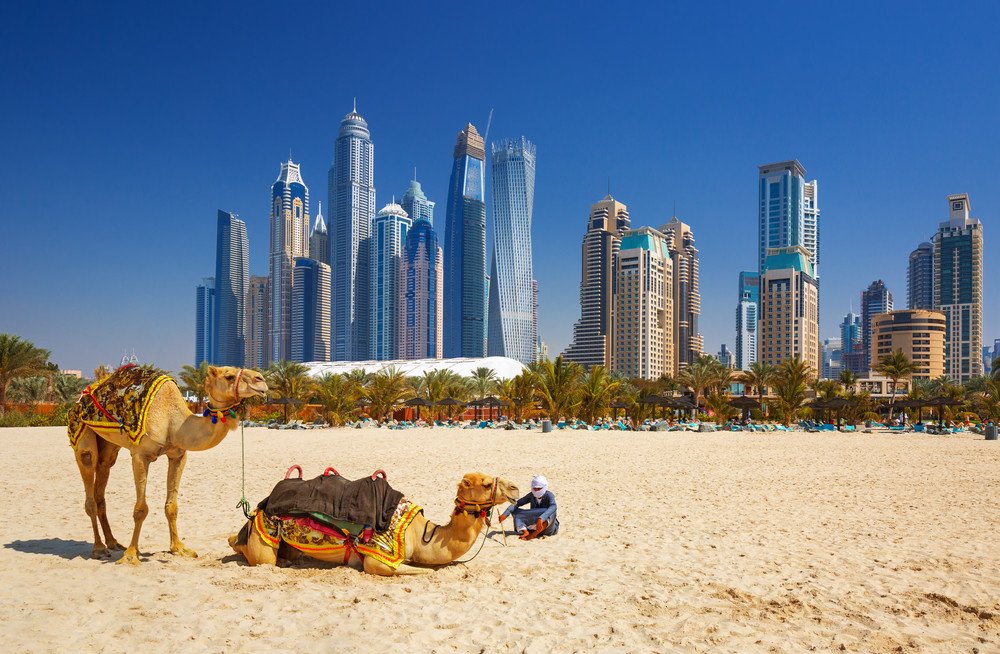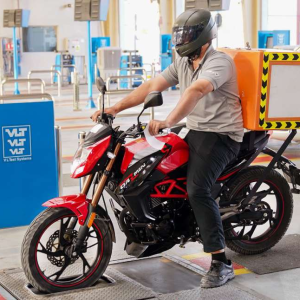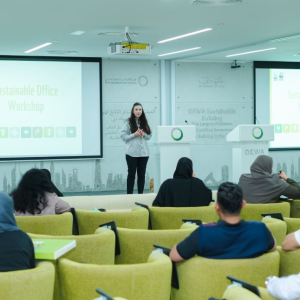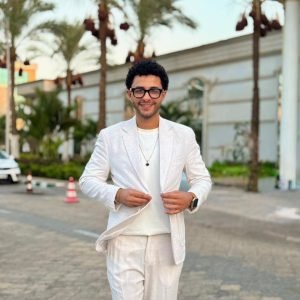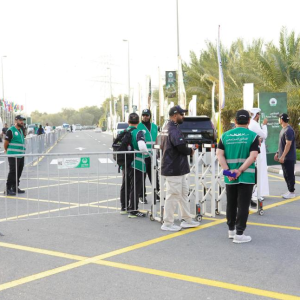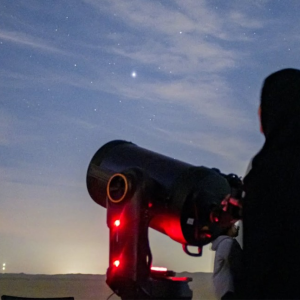Dubai is a place that dazzles at first glance. From the moment you land at its futuristic airport, to stepping into a high-speed taxi under the Burj Khalifa’s shadow, the city promises luxury, speed, and scale like no other. Instagram is flooded with images of lavish brunches, desert safaris, yachts in the marina, and glamorous shopping sprees at the Dubai Mall. For a tourist, it’s a dream.
But the real Dubai? That begins when the glitter dims.
The reality of Dubai, the one not wrapped in gold or filtered in reels, is a deeper, more complex version of the city. It’s what locals, expats, and long-term residents know. It’s where ambition meets struggle, where cultures collide, and where survival often depends on resilience, not just riyals.

Here’s what Dubai really feels like — when the passport stamps fade and the everyday life begins.
Beyond the Skyline: A Different Kind of Beauty
Yes, the skyline is stunning. But life in Dubai isn’t always about penthouses and poolside selfies. Once the tourist season ends, and the cameras stop clicking, most of the city returns to its usual rhythm — one built on work, responsibility, and hustle.

The streets still shine, but now they’re filled with workers commuting to jobs across the city, delivery drivers weaving through traffic, parents dropping kids to school, and small businesses fighting for a slice of the market. The city’s beauty evolves from photogenic views to something more grounded — the multicultural energy, the late-night shawarma joints, the quiet mosques tucked between skyscrapers, and the resilience of people from every continent trying to make a life here.
The People Who Keep Dubai Moving
One thing tourists rarely see is the workforce that keeps the city running. From construction workers in the summer heat to waiters, cleaners, taxi drivers, security guards, receptionists, and freelancers — Dubai is a machine powered by people who don’t often make it into the travel blogs.
These are the real heroes of Dubai. They send money back home every month. They share rooms in old buildings in Deira. They live on modest salaries but dream big. Their lives may not be luxurious, but they’re rich in sacrifice and determination.
Many of them came with one suitcase and a lot of hope. And they stay because they believe in something better.

When the Glamour Wears Off
For those who move to Dubai to live and work — the honeymoon phase doesn’t last forever.
At first, everything feels exciting. The malls, the beach clubs, the networking events, the tax-free income. But soon, reality begins to shape a different version of the city.
You realize that making friends isn’t always easy when people are constantly moving in and out. You see the financial pressure — high rents, expensive schools, health insurance costs. You experience work cultures that can be demanding and intense. And you start noticing the mental toll of being away from family, constantly proving your value, and living in a place where appearances matter a lot.
This is the version of Dubai that tourists never feel — the emotional, social, and psychological weight that can come with building a life here.
A City That Doesn’t Wait
Dubai moves fast. If you blink, you can feel left behind.
Jobs change quickly. Companies open and shut within months. Rent increases are frequent. Friendships are sometimes seasonal. Even social trends evolve rapidly — today’s hotspot can be irrelevant next month.
To live in Dubai is to constantly adapt. It means learning how to balance ambition with mental health. It means updating your skills, your goals, and your understanding of what “success” really means.
And while this energy can be motivating, it can also be draining — especially for those without strong support systems.
The Visa Game Is Real
Another layer of reality in post-tourist Dubai is immigration.
In most cases, your life in Dubai depends on your visa. Lose your job, and you have limited time to either find another or leave. This creates a silent pressure that lingers behind every career decision, every financial investment, and every major life plan.
For many residents, this lack of long-term security makes them feel like guests in a city they’ve spent years in. It’s a tough balance — investing your heart in a place while knowing you may not be able to stay permanently.
But Then… Something Shifts
Once you stop chasing the Instagram version of Dubai, you discover its soul.
You start to find the hidden cafés where real conversations happen. You learn which beach spots are quiet after 10 PM. You meet people who are hustling just like you — not for clout, but for survival, family, and dreams.
You realize Dubai isn’t just about Ferraris and fireworks — it’s about friendships that become family, breaking your fast during Ramadan with strangers who offer you dates and water, laughing with coworkers from 10 different countries, and watching sunsets from rooftops that don’t make it to travel guides.
This version of Dubai is raw, but it’s also beautiful.
Community Becomes the Key
In tourist Dubai, it’s all about the solo experience. In real Dubai, it’s about the people you connect with.
Your neighbor might be from Nigeria, your colleague from Ukraine, your gym buddy from the Philippines, and your best friend from Lebanon. The diversity isn’t just visual — it’s cultural, emotional, and deeply human.
And because most people here are far from their hometowns, there’s a strong sense of shared vulnerability. People support each other. They understand what it’s like to start over. They know the courage it takes to leave your country and chase a better life.
This is what holds Dubai together beneath the glass and gold.
Mental Health and Burnout Are Real Here
Another reality of life in Dubai is the mental health struggle. With all its pressure and pace, the city can quietly wear you down. The need to perform, to earn, to look successful — it becomes a silent race that never stops.
Burnout, anxiety, loneliness, and self-doubt are common, but rarely talked about. Many residents struggle quietly because it’s hard to admit you’re not thriving in a place built on ambition.
But slowly, awareness is growing. More people are talking about mental health. Workplaces are starting to care. Therapy and counseling are becoming less taboo. Because once the tourist glow fades, you need more than brunches to stay emotionally grounded.

It’s Not Always Easy — But It’s Worth It
Living in Dubai isn’t perfect. But what makes it special is the growth it demands from you.
It teaches you how to adapt, how to network, how to work hard, how to respect different cultures, and how to handle change. It gives you chances to rebuild, reinvent, and rise again.
Some leave after a few years. Some stay a lifetime. But almost everyone who’s lived here has been changed by the experience — whether in lessons, memories, or resilience.
The tourist version of Dubai is exciting, no doubt. But the real version? That’s where the story truly begins.
Final Thoughts: Welcome to the Other Side of Dubai
If you’ve only seen the tourist version of Dubai, you’ve only scratched the surface. The real magic isn’t in the skyscrapers or supercars — it’s in the people who call this city home, in their daily grind, and in the quiet moments of triumph they experience far away from the spotlight.
When the filters fade, and the influencers leave, what remains is a city of dreamers, fighters, and survivors.
And maybe that’s what makes Dubai one of the most unforgettable places on earth — not because it’s perfect, but because it shows you who you really are once the lights go dim.
Follow us on instagram: UAE STORIES
Read more: Sharjah Launches Instant Licence Service to Boost Investment and Speed Up Business Setup

